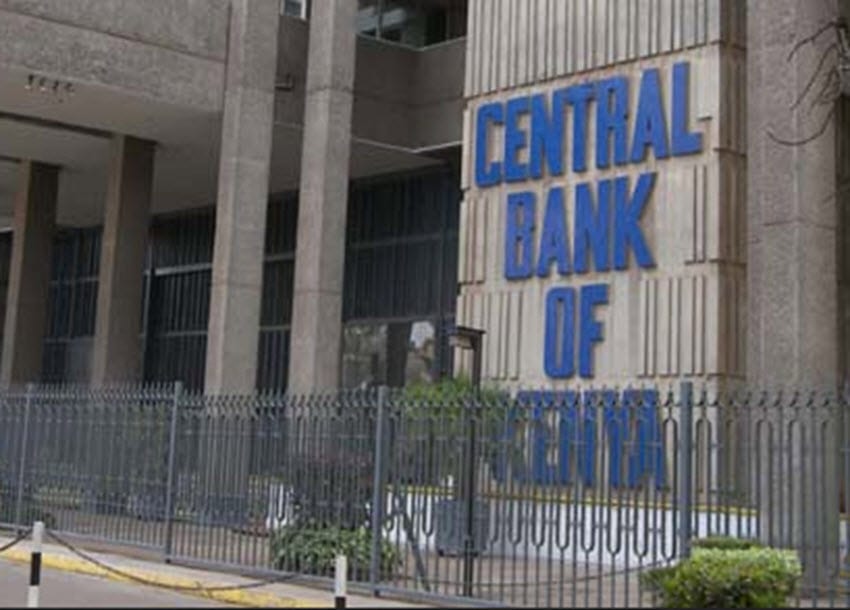Government warned against reliance on domestic borrowing
By John Otini, June 16, 2023Kenya’s latest infrastructure bond issuance has shattered records, attracting an overwhelming response from investors. With bids totalling an impressive Sh221 billion against the offered Sh60 billion, the government opted to accept Sh213 billion, marking the largest amount ever borrowed in a single bond issue.
However, the magnitude of the interest rate on the bond, set at 15.84 per cent, highlights the government’s urgent need for funds. It is worth noting that this interest will be tax-free in accordance with the Infrastructure Bond (IFB) issuances.
Despite the success of the infrastructure bond, Kenya’s government is faced with the challenge of meeting its financial requirements. In the forthcoming budget, the government plans to borrow over Sh500 billion from the domestic market.
Analysts say, over-reliance on domestic borrowing can strain liquidity and adversely affect interest rates, which can have wider implications for businesses and the overall economy. Genghis Research Analyst, Ronny Chokaa says the recent bond auction marks one of the unprecedented spikes in interest rates in the local market and the total quantum raised on an infrastructure bond issuance.
“In terms of the impact on the economy, this auction is set to trigger a further rise in interest rates in the economy, which will further crowd out the private sector, by discouraging corporate firms from issuing corporate bonds and reduce lending to the private sector,” he said
“In terms of risk assessment, the rise in yields is largely a response by investors to the downgrading of Kenya’s sovereign credit rating to B3 by Moody’s Investors Service. This rating is only one level away from the international Caa classification (Junk bond),” he observed.
Therefore, the capacity of government to issue inexpensive debt is clearly dwindling, and given the ambitious borrowing targets in the coming fiscal year, uncertainty looms.
“Borrowing from the domestic market by the government is quite ambitious, without sufficient external financial aid, stability on the yield curve and market confidence will be negatively impacted,” said an analyst who is not allowed to speak to the media.
This ambitious borrowing target raises concerns about the potential consequences on the yield curve’s stability and market confidence in the absence of sufficient external financial aid.
Budgetary needs
The decision to rely heavily on borrowing from the domestic market reflects the government’s ongoing struggle to finance its budgetary needs. It is crucial to strike a balance between raising necessary funds and maintaining stability within the market.
The amount accepted almost rivals the Eurobond loan that matures next year. Kenya has set aside Sh1.6 trillion in this year’s budget to service debt from a budget of Sh3.5 trillion indicating the heavy toll that debt service is taking on the country’s finances.
To address these concerns, it is essential for the government to explore alternative avenues of financing. Seeking external financial aid, such as loans or grants from international institutions, can provide much-needed relief while also reducing the burden on the domestic market.
More Articles

